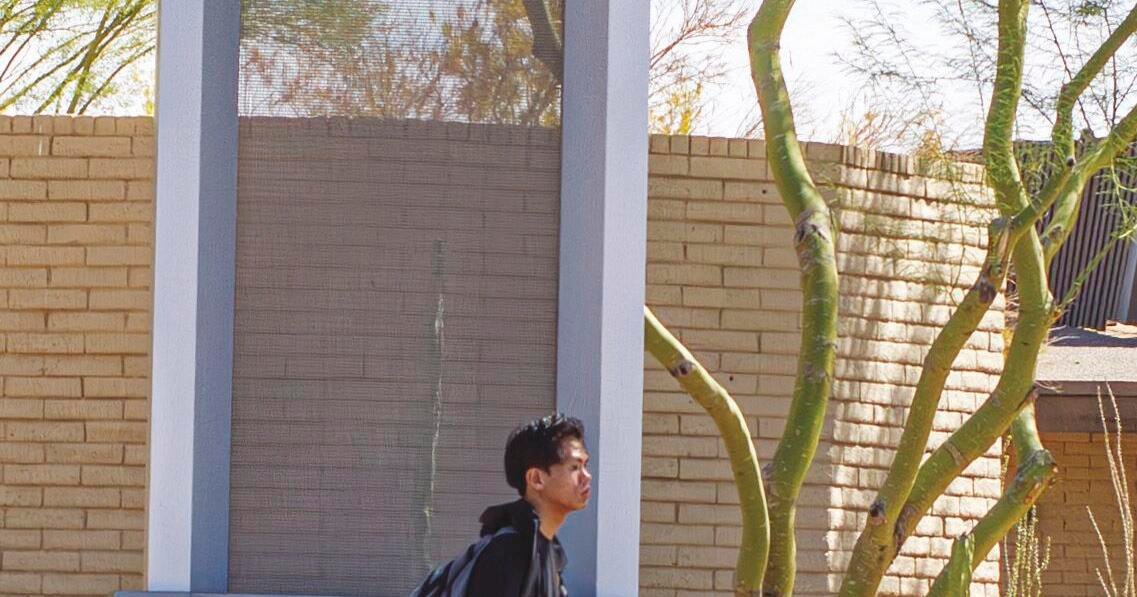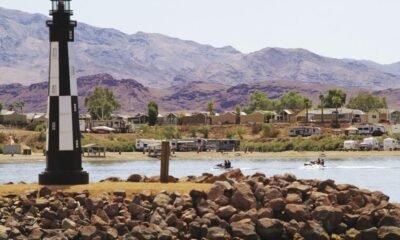Politics
ASU Shuts Havasu Campus Despite $25.9 Million Savings: What’s Behind the Controversial Move?

In a significant announcement, Arizona State University (ASU) is set to close its Lake Havasu City campus. Despite reporting $25.9 million in savings for the 2023-24 fiscal year, university officials cite a $24 million cut in state funding as the primary reason for this decision.
ASU President Michael Crow indicated the closure during a recent press briefing. Questions surrounding the timing and decision-makers remain, raising concerns among local stakeholders. Megan Gilbertson, associate vice president of public affairs for the Arizona Board of Regents, clarified the board’s role is to supervise academic locations and provide guidance for ASU, the University of Arizona, and Northern Arizona University.
While ASU consulted the regents for the campus’s establishment, discussions about its closure reportedly did not appear on the board’s meeting agendas. However, Gilbertson emphasized that the board supports the presidents’ management decisions within their financial limitations.
Despite the financial strength of ASU, the drastic state budget cuts have necessitated hard choices. An ASU spokesperson pointed out that state leadership has deprioritized higher education funding, influencing the university’s significant decisions.
Officials noted that maintaining high-quality programs in underserved areas is resource-intensive, leading to the conclusion that continuing operations in Lake Havasu without state assistance is unfeasible.
Notably, even with a $24 million funding reduction, a September 6 Board of Regents cost containment report highlighted ongoing savings efforts. Over the years, ASU has successfully closed and relocated campuses, resulting in considerable annual savings.
The decision’s impact has generated confusion among community members. Local education leaders, such as Kyle Neidermann of the Lake Havasu Unified School District school board, expressed disappointment over the abruptness of the closure and the lack of consultation with community leaders. Neidermann underscored the importance of reconsidering the decision to preserve educational opportunities in the area.
Emphasizing the closure’s ramifications, officials in La Paz County also voiced their sadness at the announcement. Randy Hartless, AWC Associate Dean for La Paz County, suggested that adjunct faculty from ASU should be considered for teaching positions at local institutions.
Brad Sale, superintendent of the Parker Unified School District, noted that the closure significantly limits in-person university opportunities for local students, ultimately affecting their financial futures. The community’s response reflects broader concerns about access to higher education in the region.


















